Playwrights secure new terms for streaming work
A “landmark” agreement has been reached with playwrights to protect their pay and other rights relating to the digital deliver…
A “landmark” agreement has been reached with playwrights to protect their pay and other rights relating to the digital deliver…
The University of Glasgow is launching a virtual museum dedicated to scientist Lord Kelvin. The opening concludes celebrations of…
The Royal Armouries Museum at Leeds Dock has been applauded by TikTok for its online content. The social media giant has shared it…
There are lots of ways to create fundraising opportunities on your website. Splitpixel’s Lauren James provides a rundown of the…

While most people are aware of the importance of an accessible website, not everyone knows how to do it. Substrakt’s Kathryn Mas…
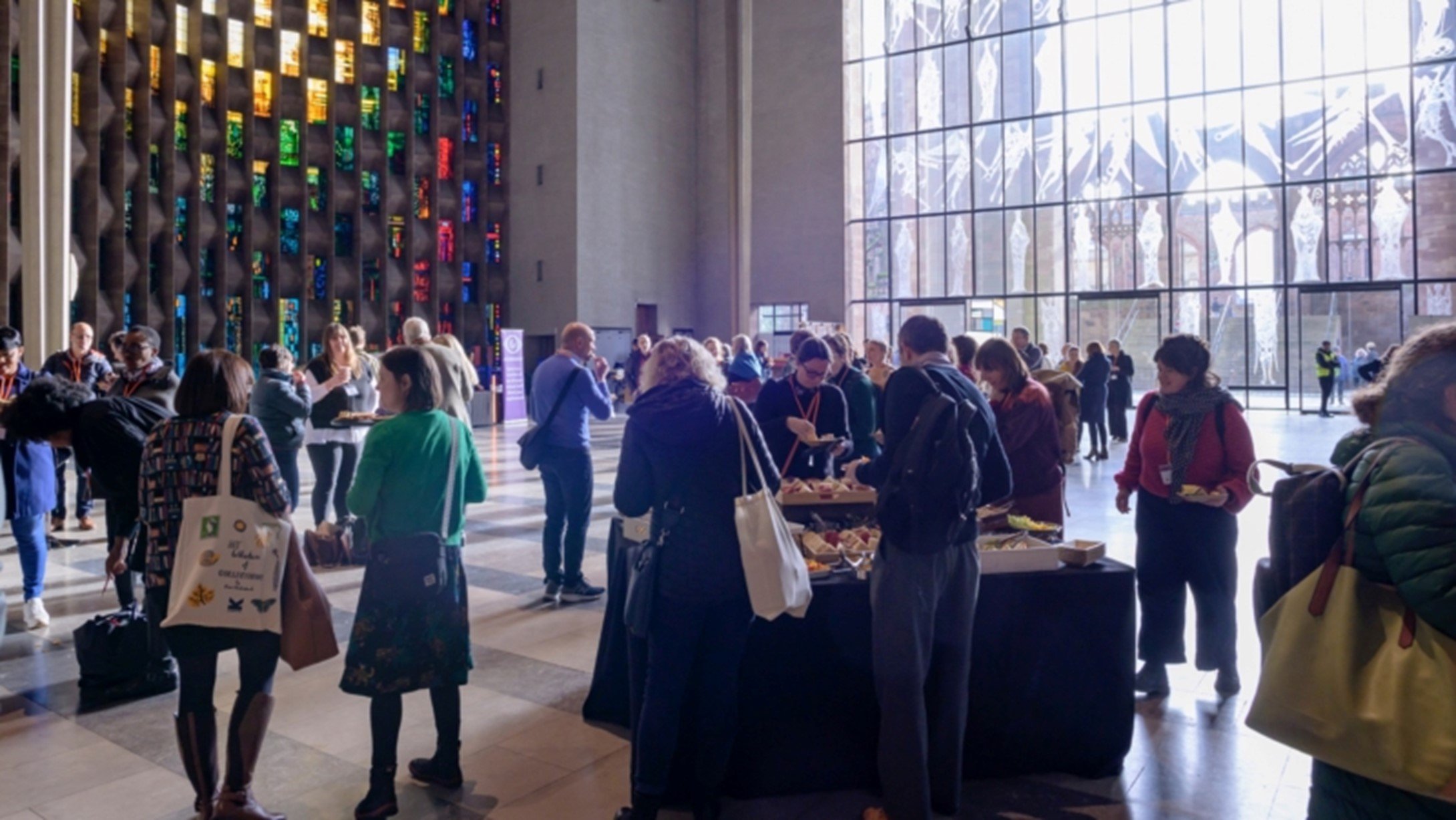
In light of a complex funding landscape facing England’s heritage sector, Cause4’s Michelle Wright and Annie Jarvis explore the…

The Towards a National Collection (TaNC) research programme is urging the UK’s cultural heritage sector to collaborate on buildi…

JESSICA WRIGHT is among 13 local business leaders appointed to York and North Yorkshire Combined Authority’s new Business Board….
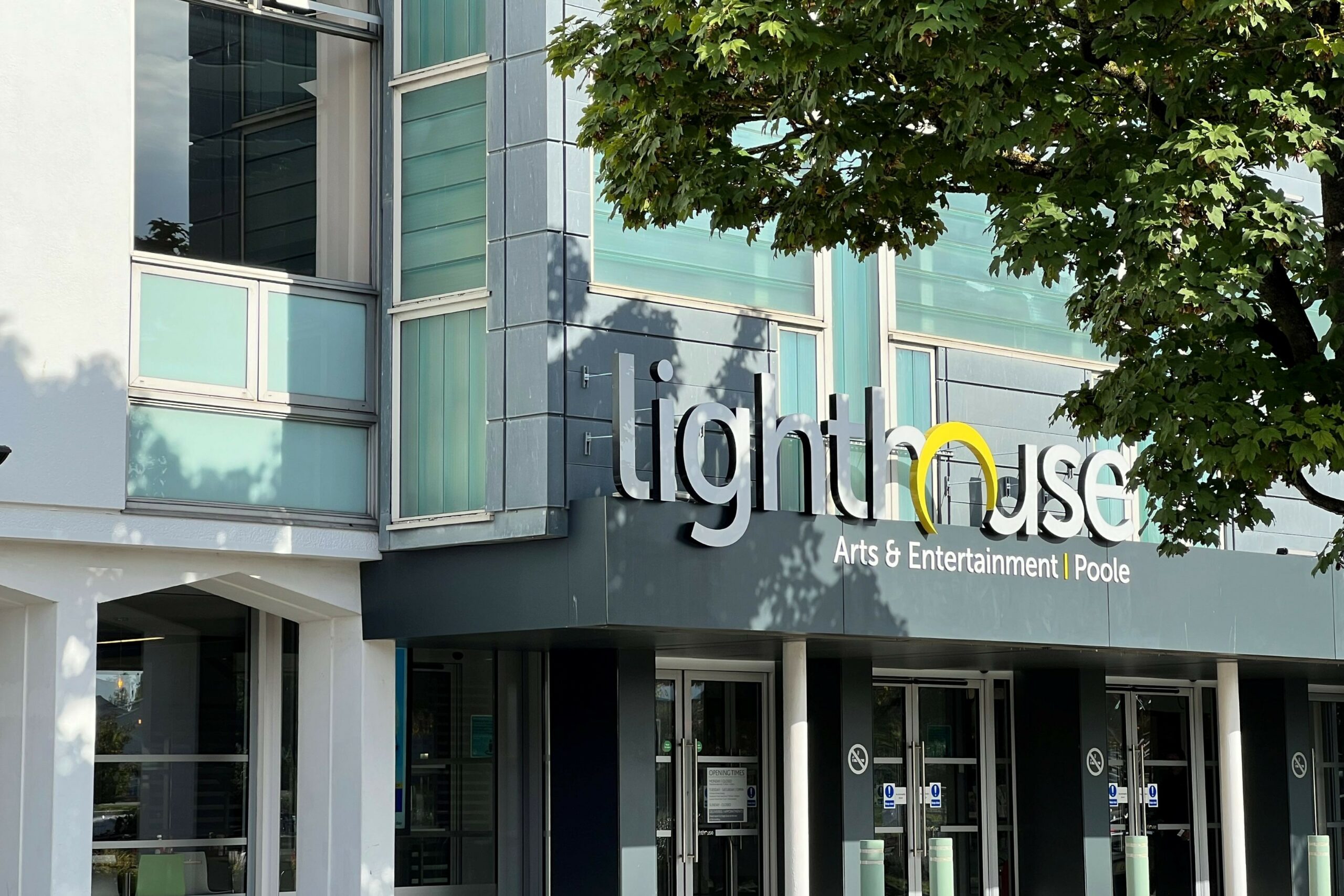
One of the UK’s largest multi-venue arts centres was left without any means to take payments for tickets after global banking comp…
Promoting libraries as social spaces could help overcome access barriers, a new report finds. Carried out on behalf of the Departm…
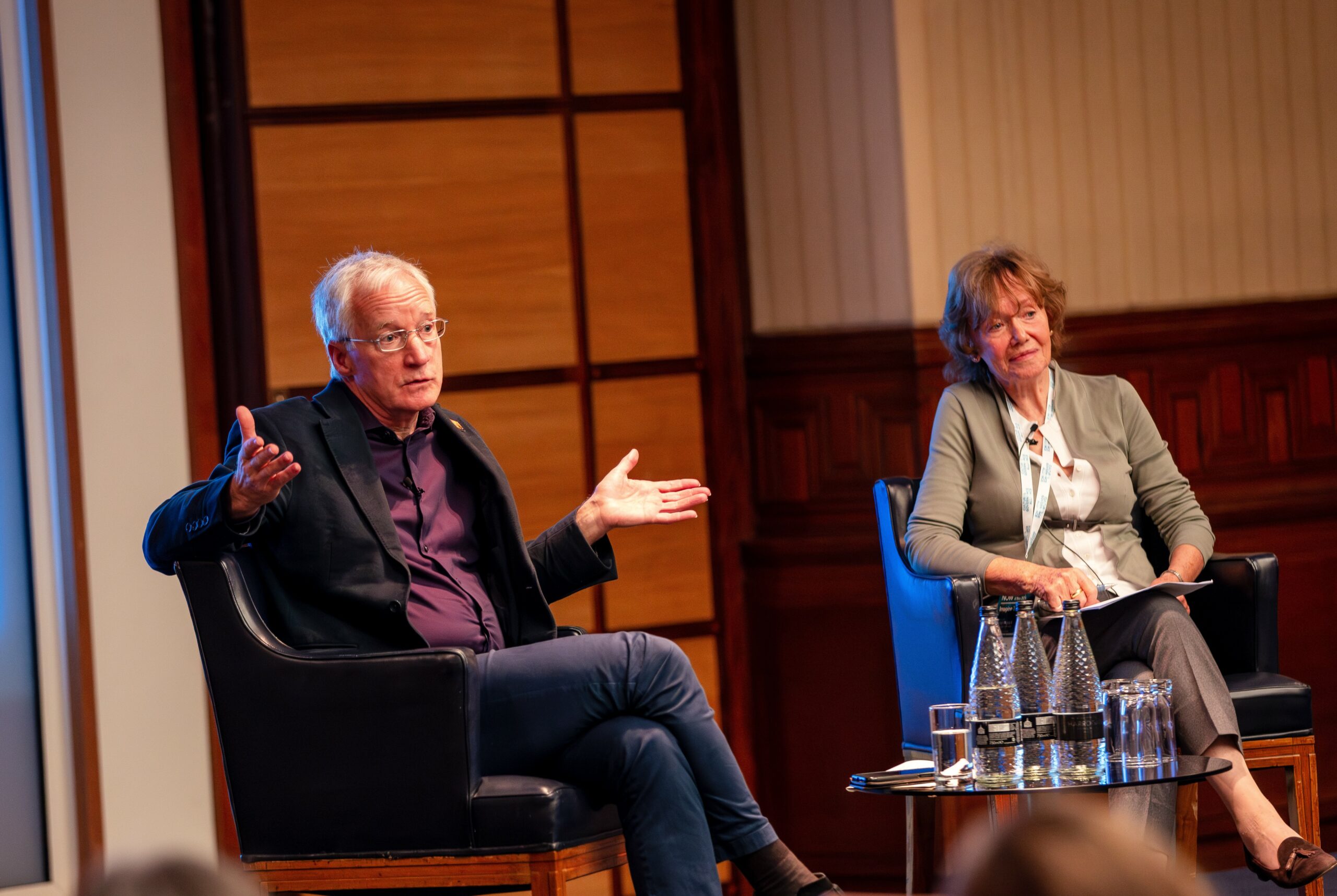
Arts Council England and UK government should work together to develop centralised artificial intelligence (AI) infrastructure to…
Wales Millennium Centre (WMC) has unveiled plans for a digital-first performance venue as well as facilities for production, rehea…
A gallery in Southampton has received National Lottery funding towards the digitisation of its art collection. The local authority…
The chair of the Culture, Media and Sport Select Committee Caroline Dinenage has written to Culture Secretary Lisa Nandy, raising…

It’s more important than ever, says Lauren James, head of content and web projects at Splitpixel, for the arts to be accessible…
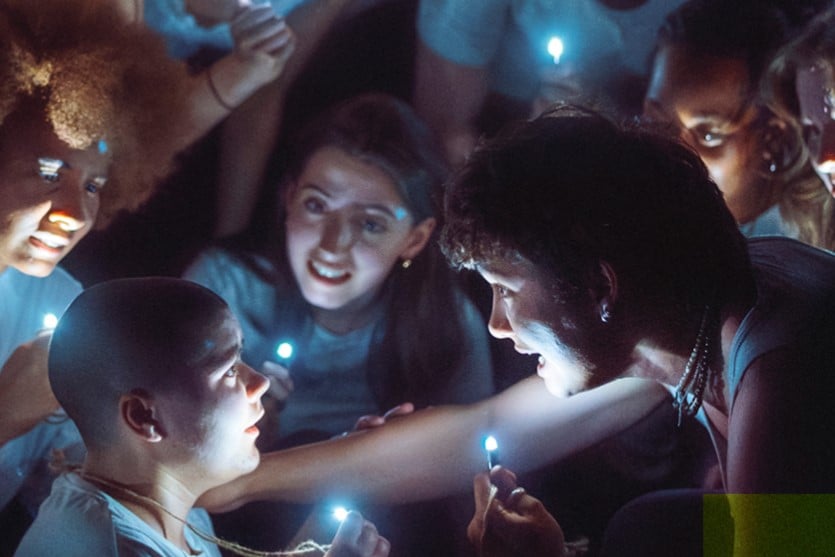
The National Youth Theatre (NYT) is partnering with Microsoft to offer a national programme of free workshops to help young people…
A new £1m digital modelling and analysis centre for the conservation and heritage science sector will open next year, it has…
BBC’s Head of Arts and Classical Music TV, Suzy Klein, has countered suggestions that the broadcaster is not supporting…
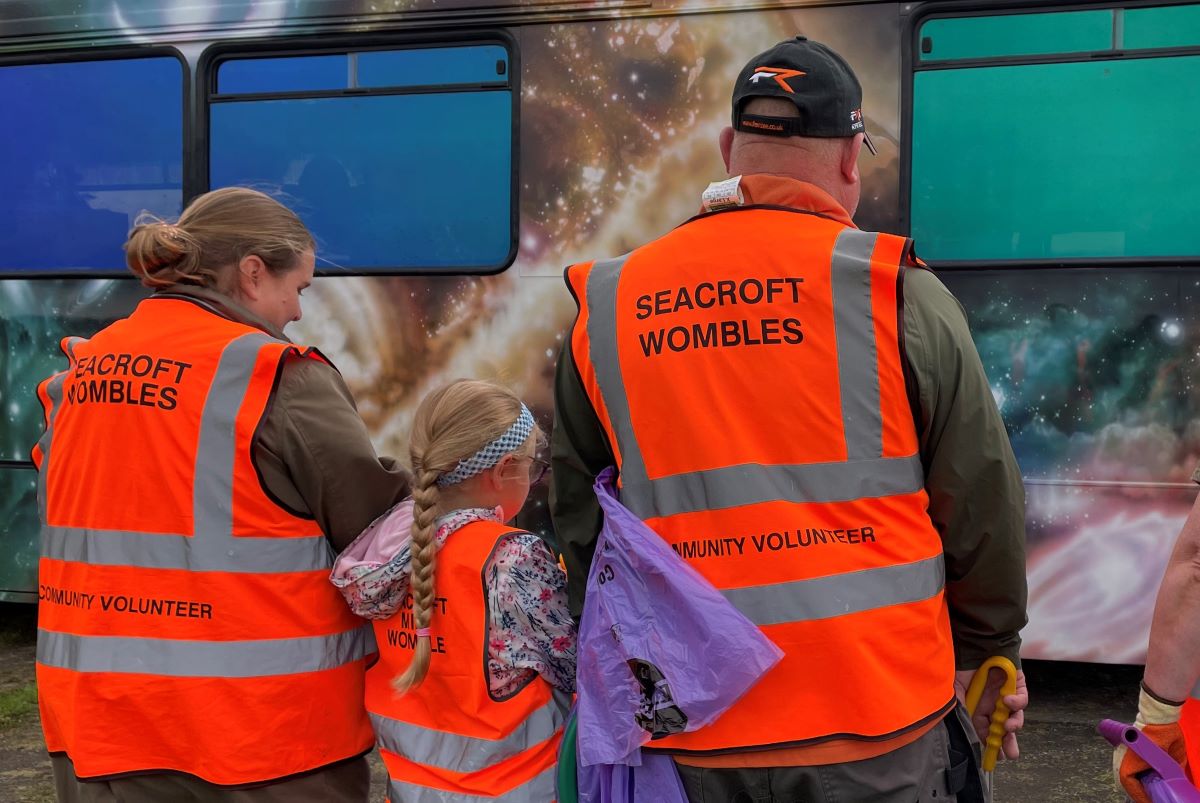
Fiona Morris explores the wide-ranging benefits of arts organisations building place-based partnerships.
A digital platform that will bring together more than 100 million object records from 1,750 accredited museums and other collectio…
Eight artists from Northern Ireland will share £75,835 of funding toward the creation of art projects using digital tec…
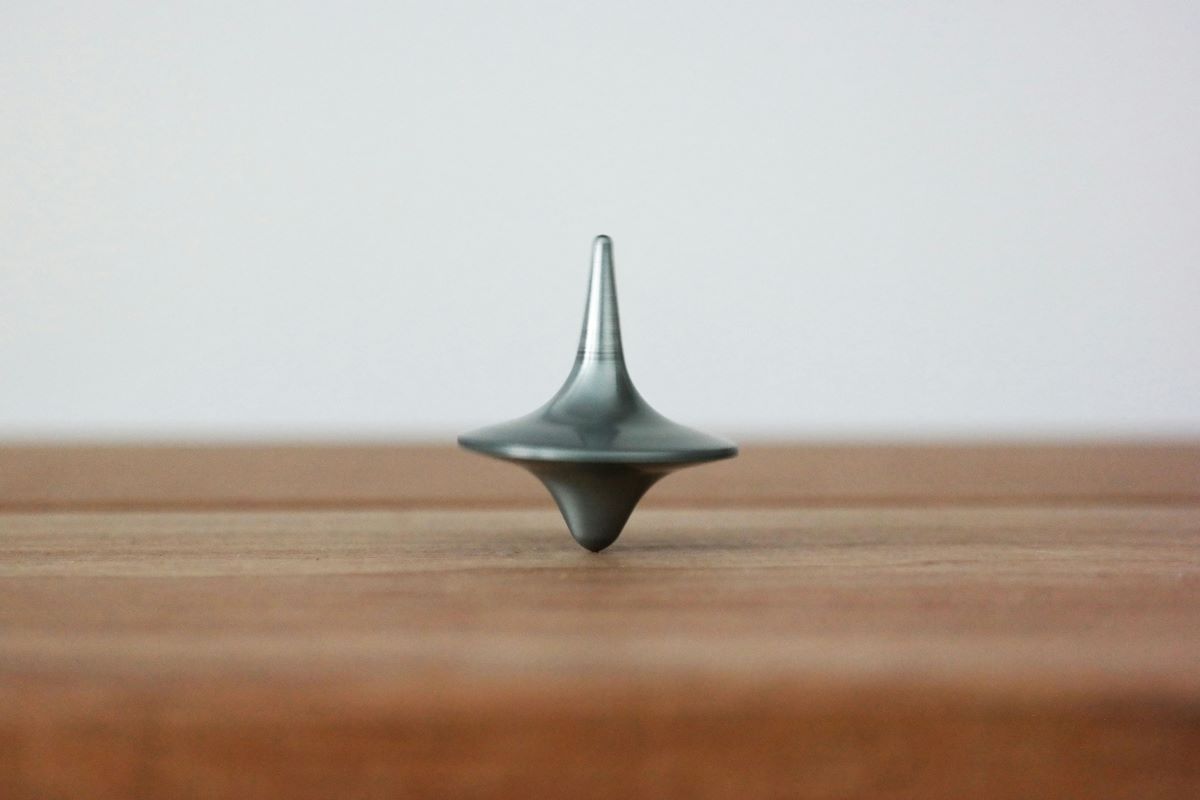
Anyone involved in marketing, or creating websites or digital products will know the phrase ‘You are not your customer&rsquo…
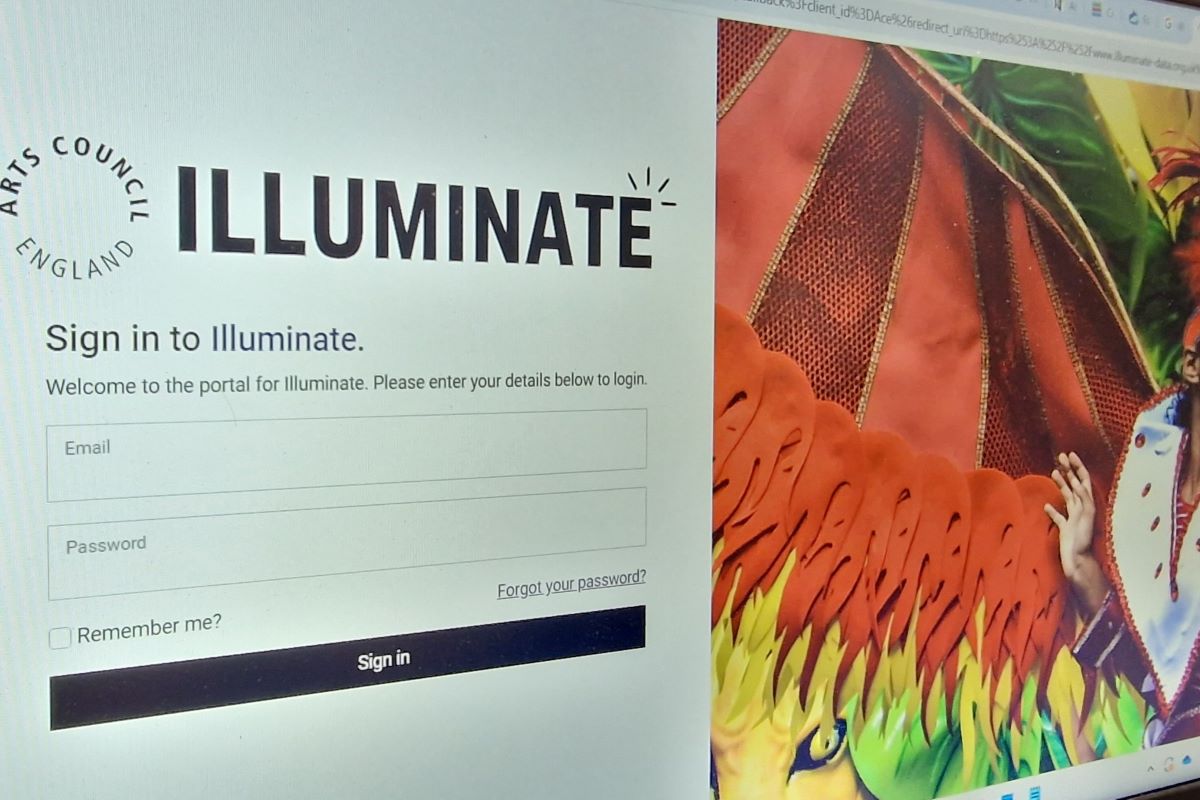
Arts Council England (ACE) says it wants to make improvements to the Illuminate software platform to make it 'straightforward&…
A coalition of trade associations and unions representing creatives has written to big tech firms telling them to end the "un…